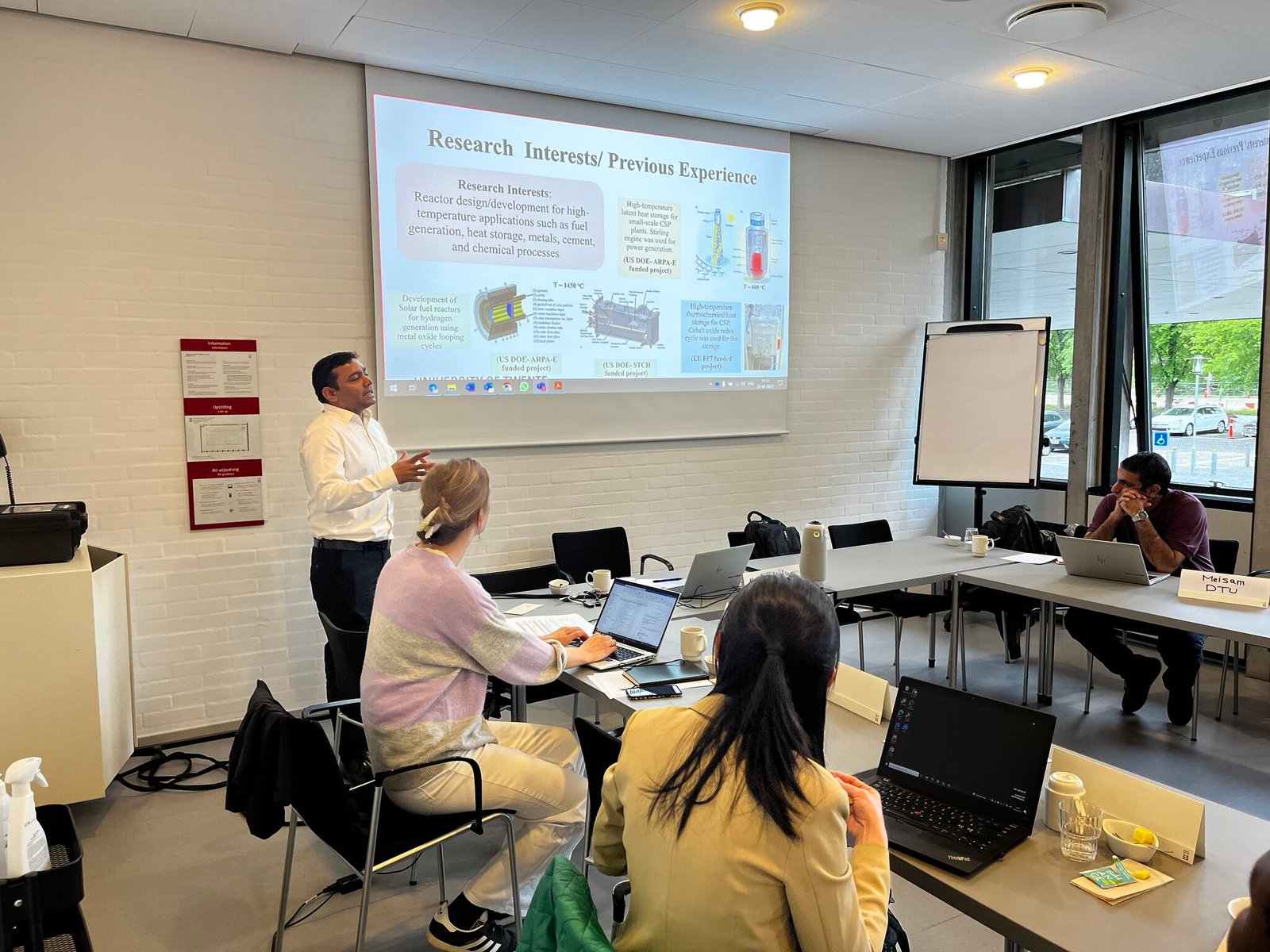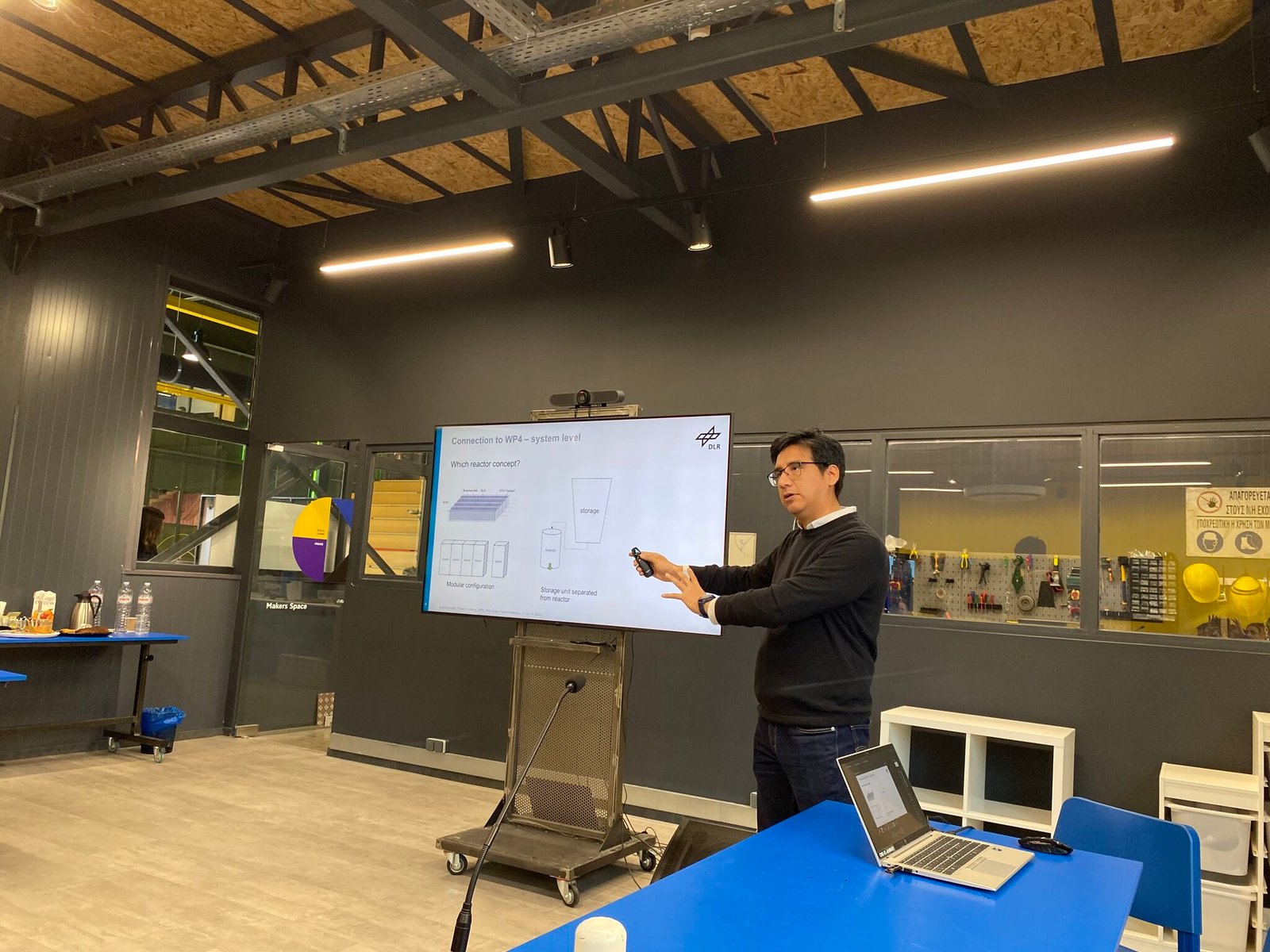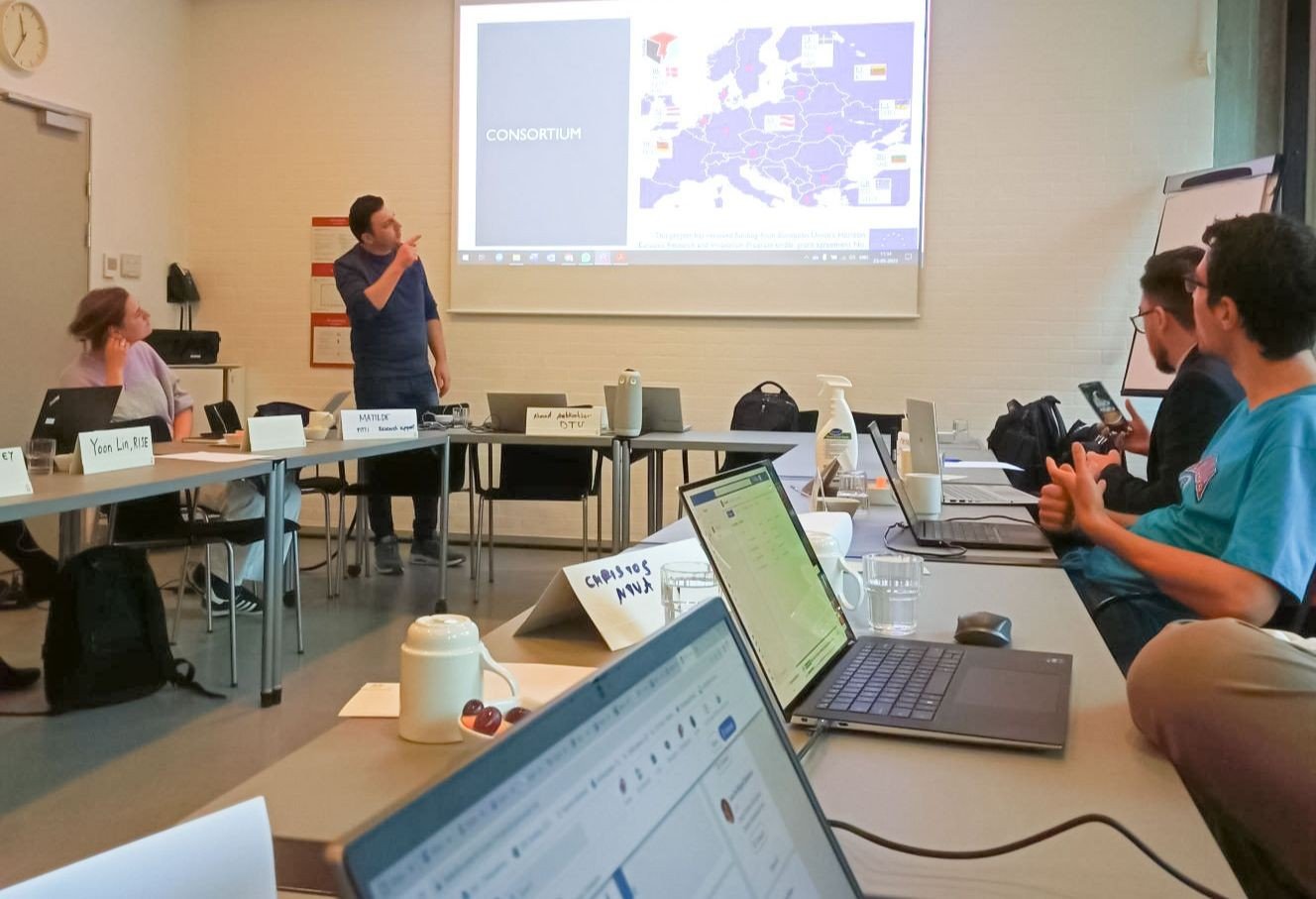The Competence Center for Resilient Energy Systems
RESILIENT

Overview
This project aims to testify the need for new knowledge from a system perspective and in cooperation with different disciplines for us to implement the sustainable energy solutions of the future. Through the RESILIENT centre of excellence, we will have the opportunity for such cooperation and can contribute to the development of important new knowledge
Consortium
It involves 40 Partners from Sweden
Budget
Start date: 1st April 2022
End date: 30th April 2026
Budget: SEK 189M

MG Contribution
The EMERSOL project aims to retrofit existing PV panels with a novel heat exchanger to create a dual-function system that generates both electricity and thermal energy. Through flow optimization, thermal simulations, prototype development, and rigorous testing, the project seeks to produce a high-efficiency PVT collector. By integrating this collector with other renewable energy systems and analyzing the combined performance, EMERSOL strives to contribute to the development of flexible, resilient, and sustainable energy solutions for residential applications. This initiative is being undertaken by MG Sustainable Engineering in collaboration with the University of Gävle and other industrial partners.
Progress and Impact
Impact:
The project generates results and makes an impact in a multitude of areas and sectors.
1. Efficient retrofit solutions to convert the existing solar panels into hybrid PVT collectors by utilizing waste heat through effective integration of heat recovery media (HRM).
2. Substantial GHG emission reduction and net-zero GHG emission.
3. A cost-effective and secure source of clean energy.
4. A strong and long-term solar and renewable energy innovation base to accelerate the adoption of solar and clean energy uptake in Europe.
Progress:
Proof of concept testing is currently in progress at the solar lab at University of Gävle, with a model HRM being tested under real-world conditions to validate the proposed concept. Additionally, CFD simulations are ongoing to optimize the flow distribution of the new design, and various geometrical profiles of the HRM are being investigated through numerical simulations to replicate the thermal behavior of the hybrid solar collectors under different environmental conditions.



